Beloved Community,
I hope the year is winding down and providing time for rest and reflection. On my part, I’ve been deeply reflective these last few weeks—not just about the state of the planet, the devastation in Gaza, and the impending U.S. election, but about the peaks and valleys of my now 28-year career in public education. As I look back, three emotional peaks sharpen in my vision, each of which has student voice at the center:
- 1999-2000: The birth of the BALMA (Balboa High School and Marin Academy) public-private investigation into equity in education, a project I wrote about in Chapter 5 of Street Data and which was profiled in an award-winning public television documentary “Making the Grade”.
- 2010-2011: My year spent teaching Grade 11 English in Amman, Jordan to a wonderful group of learners from Jordan, Afghanistan, the West Bank, and Gaza, culminating in a class performance of Macbeth (an assigned text) with a translanguaging lens. (Note: Translanguaging is the ability to move fluidly between languages and a pedagogical approach to teaching in which teachers support this ability.)
- 2022-2024: The privilege to design, build, and lead a Street Data Student Voice Community of Practice with 60 high school students from the Abbotsford School District in British Columbia. For two years, I have been able to walk alongside these student changemakers as they read Street Data, defined problems of practice at their schools, and used the Equity Transformation Cycle in Chapter 4 of the book to listen to peers at the margins, uncover root causes, and reimagine systems and practices that were not serving students.
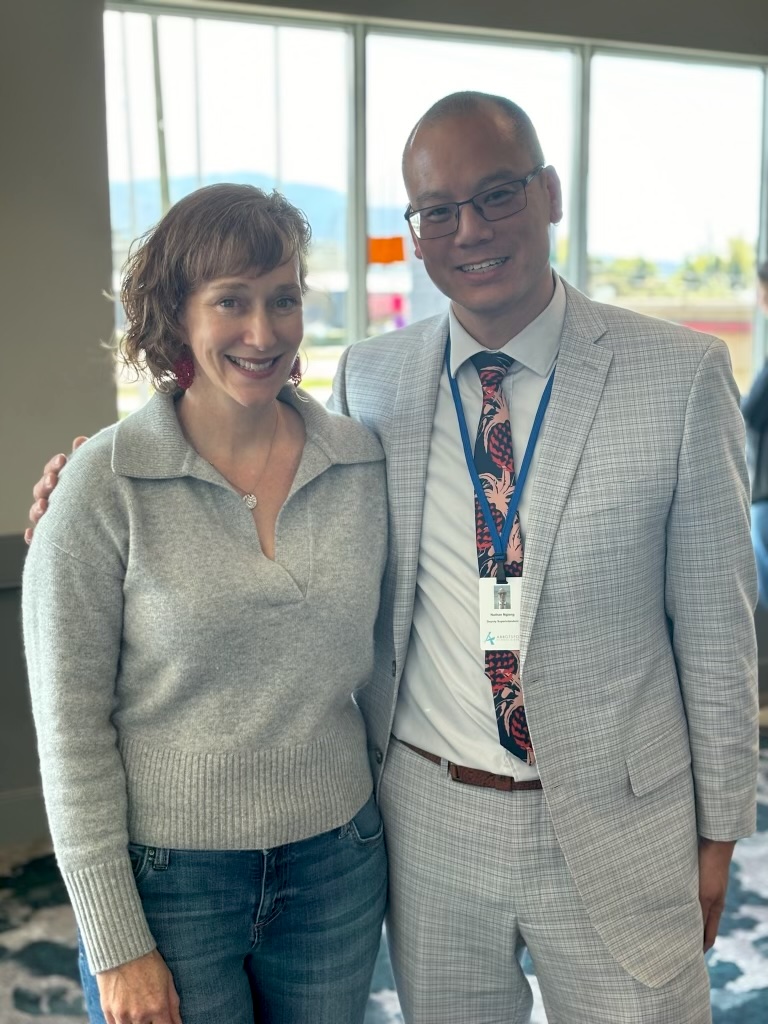
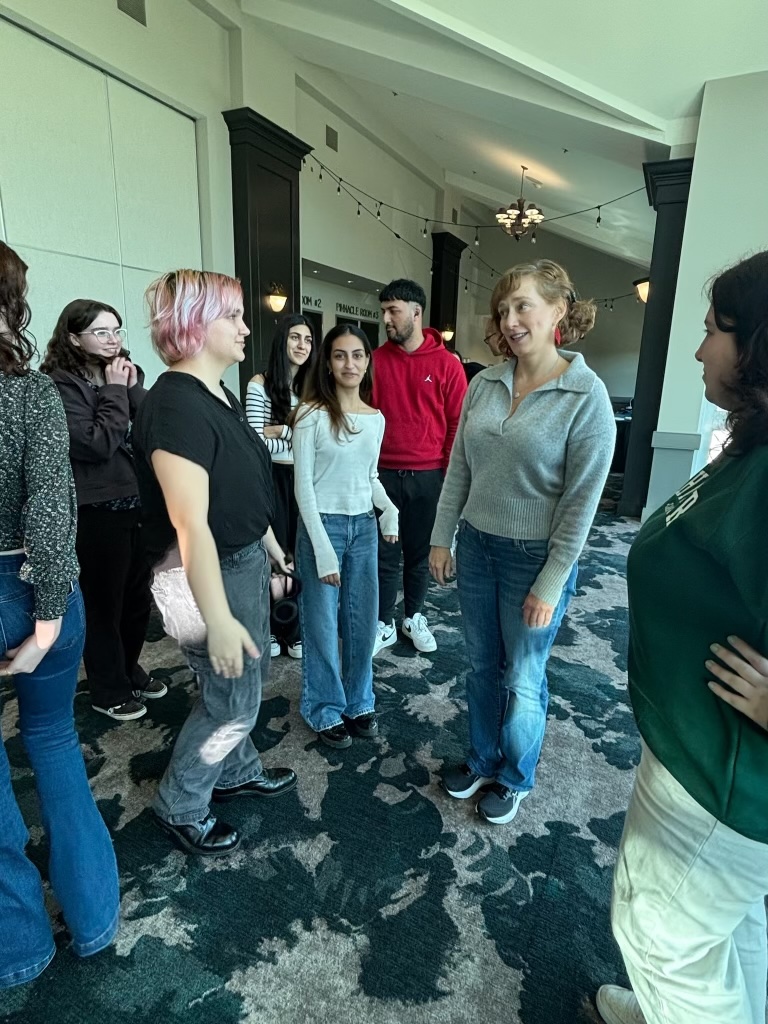
These teams of students transformed their schools in palpable and powerful ways as they investigated inquiry questions such as:
How can we change the grading system to make it more accessible and less demeaning towards students’ mental health?
How can we create inclusive safe spaces for people dealing with mental health, home, and addiction challenges?
How can we incorporate more think time in our classes so that students can process what they are being taught?
How can we create a culturally inclusive and culturally responsive school?
The Student Voice Community of Practice drew to a close on May 2nd with a day of public reflection and learning, from which you can see a few photos above. Not only did students make concrete changes to their schools, they developed incredible agency which was visible in the ways in which they stood and spoke on our final day together. Their poise, passion, and self-possession were striking. As Deputy Superintendent Nathan Ngieng noted, the impact of this work sings through in the students’ powerful voices.
This project has reaffirmed for me a central tenet of my next book, Pedagogy of Voice: Street Data and the Path to Student Agency, which will be published in May 2025 by Corwin Press. Student voice changes everything. It’s been a beautiful journey and I’ll miss these young folks a lot!
(Note: If you’re a district interested in building a similar student community of practice, please reach out. We are ready to do this in the States.)
Looking Forward: Fall 2024 Offerings
We are so excited to share with you two incredible professional learning offerings that have just gone live. Take a look at the details below to learn more and register yourself and/or your team. Feel free to reach out if you have questions!
Street Data Fundamentals: 3-Hour Workshop
(for teams and individuals looking for an introduction to the Street Data model)
Street Data Fundamentals is our foundational 3-hour, virtual workshop where authors Dr. Jamila Dugan and Shane Safir lay out the Street Data model to help teams and individuals shift their focus from satellite-level data to real-time, on-the-ground stories, experiences, and artifacts.
Date: November 6, 2024
Click here for more information and to register for Street Data Fundamentals
Becoming a Warm Demander Leader: A 3-Part Mini-Series
(for teams and individuals engaged in antiracism work and looking to build capacity in how to call folks in and up to the work of equity)
Co-facilitated by Jessica Huang and Shane Safir, this dynamic Mini-Series will take place over 3 virtual sessions for a total of 8 hours of learning. Along with teaching the Warm Demander Framework and the philosophical alignment with being in community with our school community, this 3-part series will delve deeper into Listening Stances, Activating Agency, and Restorative Practices.
Dates: November 13, November 20, and December 11, 2024
Find out more and register for the Warm Demander Mini-Series
PoV Profiles
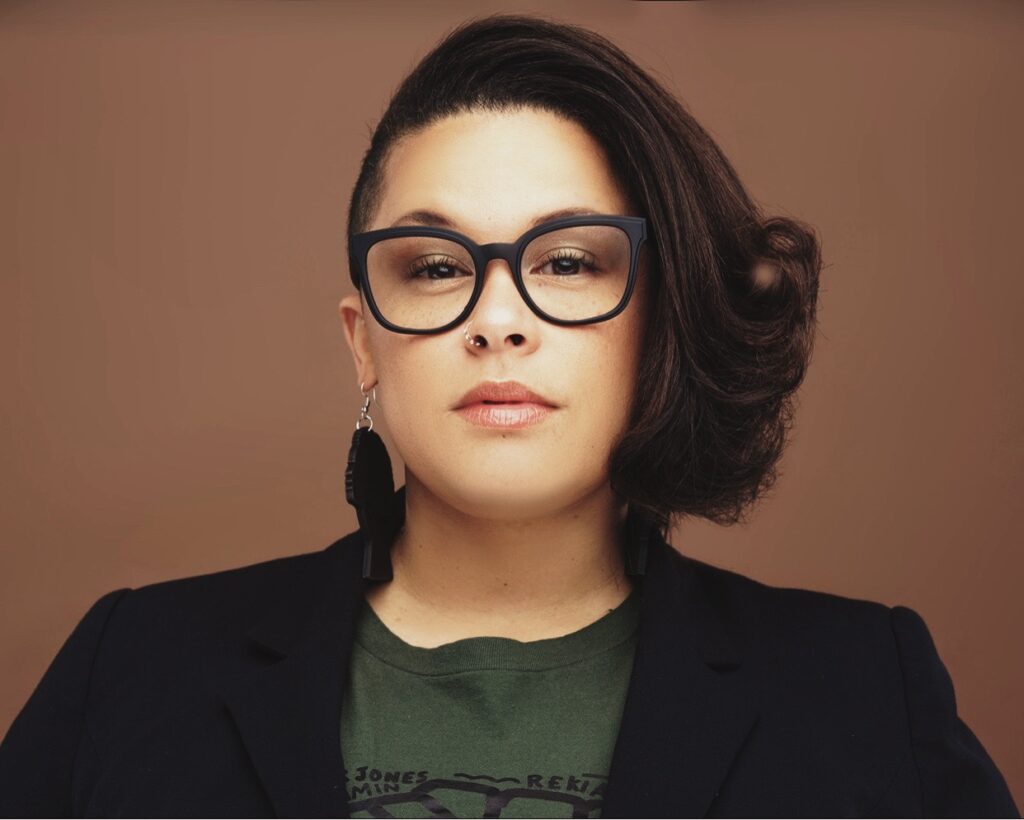
Over the last several newsletters, I have been introducing the three talented colleagues who will be contributing to and working on my next book project with me. Last December, Marlo Bagsik was featured. In March, you met Dr. Sawsan Jaber. And now, I’d like to introduce the wonderful Crystal Watson!
I am a dedicated educator who is passionate, vocal, and reflective. I strongly believe that listening to and incorporating children’s perspectives is crucial in advocating for equitable educational and social experiences. The learning journey of an educator is continuous and becomes more impactful through regular self-reflection and a commitment to evolving together with young people and colleagues. Working alongside Shane, Sawsan, and Marlo as we tap into our greatest resources, children and teachers, has been an experience rooted in love, support, and growth. Being part of this book project has been a healing experience first and foremost. I am humbled each time I have the opportunity to talk with the co-authors and teachers as they all represent hope and resilience in a time where both are widely, and understandably, missing.
My hope is that every reader will be able to see themselves in the book project. When we can see ourselves, we can authentically engage in the material and reflect on the ways we can all grow and be better for the youth we serve.
–Crystal M. Watson
Crystal M. Watson, Ed.M is an innovative, passionate, and authentic mathematics educator and life long learner who you can count on to always ask “What do the students think?” Her work is centered around providing space for voice and identity development in order for everyone, particularly those most marginalized, to experience high quality, deep, and personal mathematics. Crystal has worked alongside other scholars to develop culturally responsive, reflective, and/or anti-racist curricular resources that center young people in every lesson. You might catch her at both local and national conferences, on podcasts, developing and leading professional development sessions, or having conversations about how we are cultivating youth-centered spaces.
Find Crystal Watson on X @_CrystalMWatson.
Season 4 of Street Data Pod is now underway with some fantastic new episodes available and more on the way! Be sure to subscribe so you can be the first to listen.

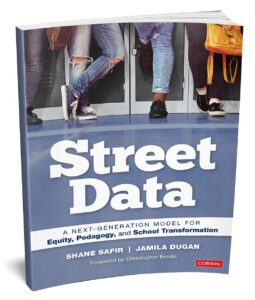 Enter your email here and get a free copy of the first chapter of Street Data!
Enter your email here and get a free copy of the first chapter of Street Data!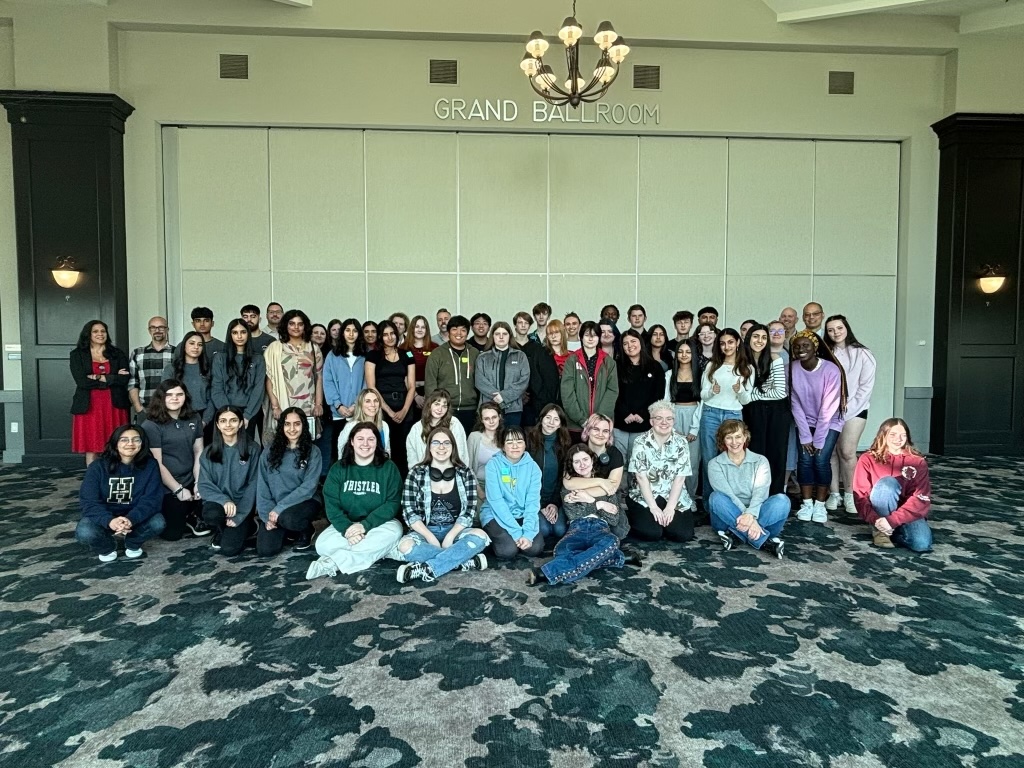
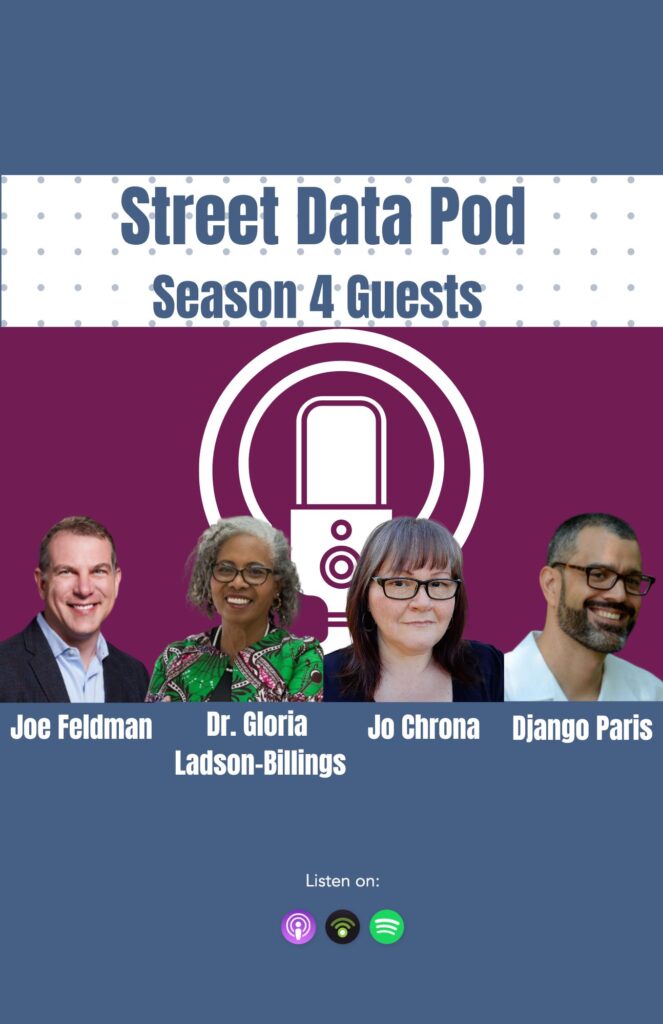
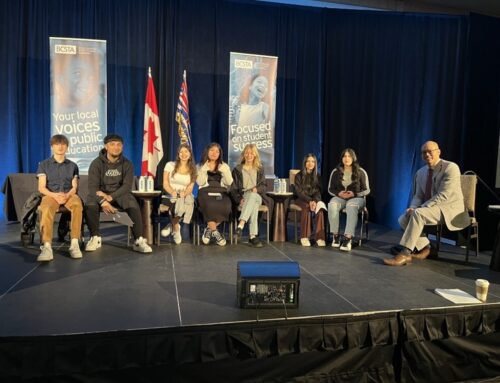
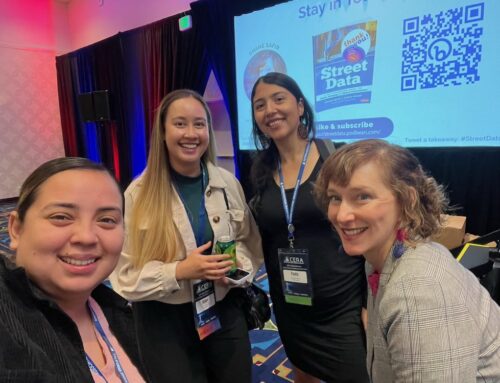

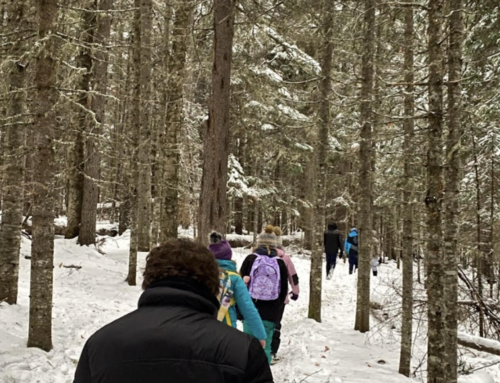
Leave A Comment
You must be logged in to post a comment.